It’s a crime: NT Chief Minister Eva Lawler blames feds for lost voice as Territorians prepare to cast votes
Northern Territory Chief Minister Eva Lawler has blamed the failure of the voice referendum on the Albanese government, as one critical topic sits at the top of voters’ minds in the lead-up to Saturday’s Territory election: crime.
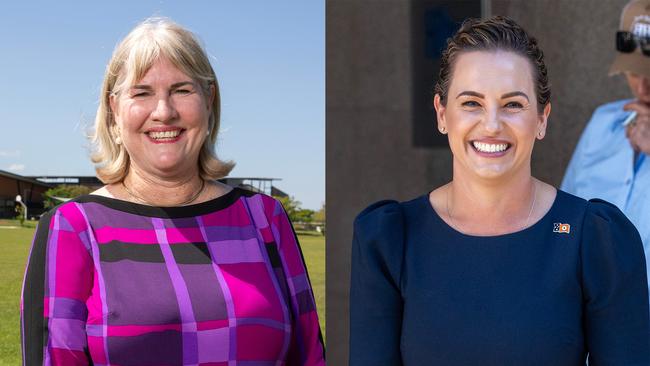
Northern Territory Chief Minister Eva Lawler has blamed the failure of the voice referendum on the Albanese government, as one critical topic sits at the top of voters’ minds in the lead-up to Saturday’s Territory election: crime.
As the leader of Territory Labor for just eight months, Ms Lawler is attempting to convince voters her government deserves another term after 19 of the past 23 years as a Labor stronghold, declaring she’s “different” and more “focused” on crime than past Labor leaders, as senior police concede officers are now attending three times the number of calls compared to five years ago.
With a real risk she could lose her own seat following a redistribution of electorate lines wiping a chunk of supporters, Ms Lawler on Friday morning said she was “very calm” but “not confident”. “Nobody can read it, I’m not confident, I’m never confident about my own seat, I never take my own seat for granted,” she said.
On the other hand, Country Liberal Party leader Lia Finocchiaro appeared very confident, flashing a beaming smile when leaving a press conference in Darwin’s CBD.
Her party has been inundated with donations, with data published by the NT Electoral Commission revealing the CLP received more than $1.33m, while Labor received $835,565.
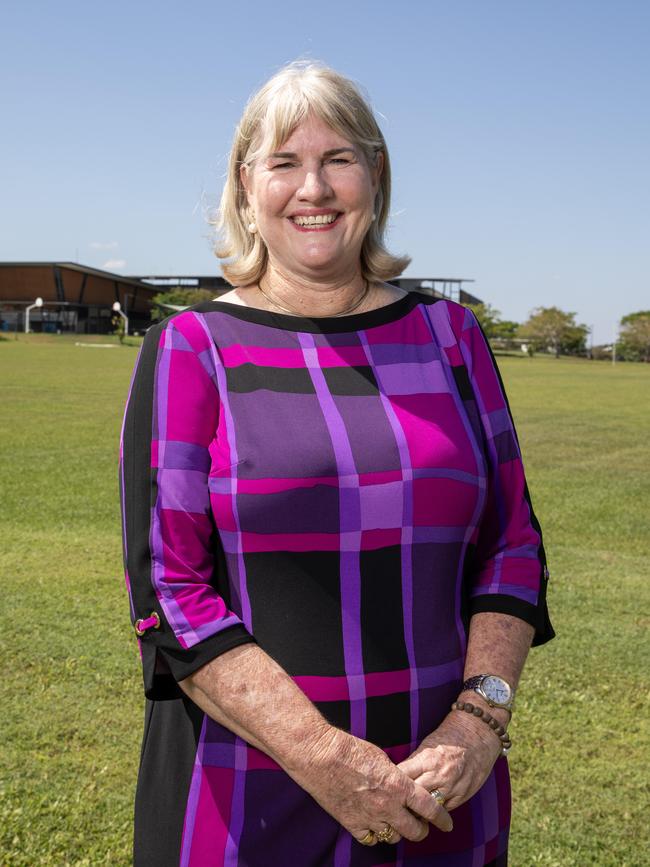
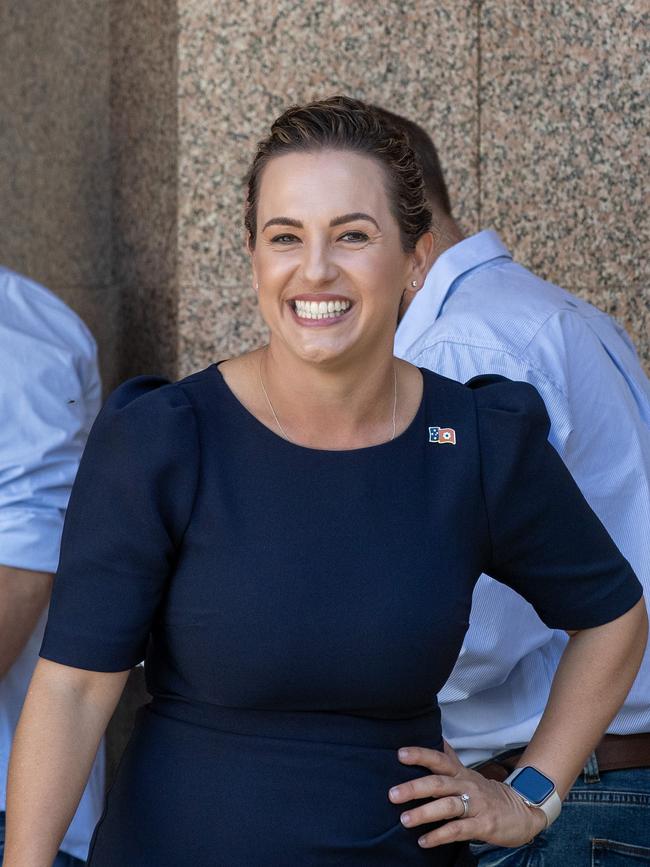
The CLP have said they would take a tough stance on crime, including strengthening bail reform, in the first week of parliament.
“What that looks like is making sure that serious violent offenders start with a position of no bail, that repeat and violent offenders are compulsory electronically monitored if they are still bailed despite the more stringent and rigorous process we put in place there,” Ms Finocchiaro said.
She said the CLP would reduce the age of criminal responsibility to 10, from 12, to intervene troubled youths.
“We know our police need better powers to be able to support community safety, and so that has to be our No.1 priority, but it’s also then about dealing with the root causes … we have to be getting kids to school, it’s the biggest priority, aside from that immediate need to deliver community safety,” she said. “We will hold parents accountable and we will make sure that families and communities are supported and understand how critical it is for that child’s future to have access to education.
“We can make sure we’re getting in early, getting into families by delivering boot camps, co-designed by Aboriginal elders; we want Indigenous mentoring and leadership in those facilities so we can give kids skills training and a better understanding there is a future for them.”
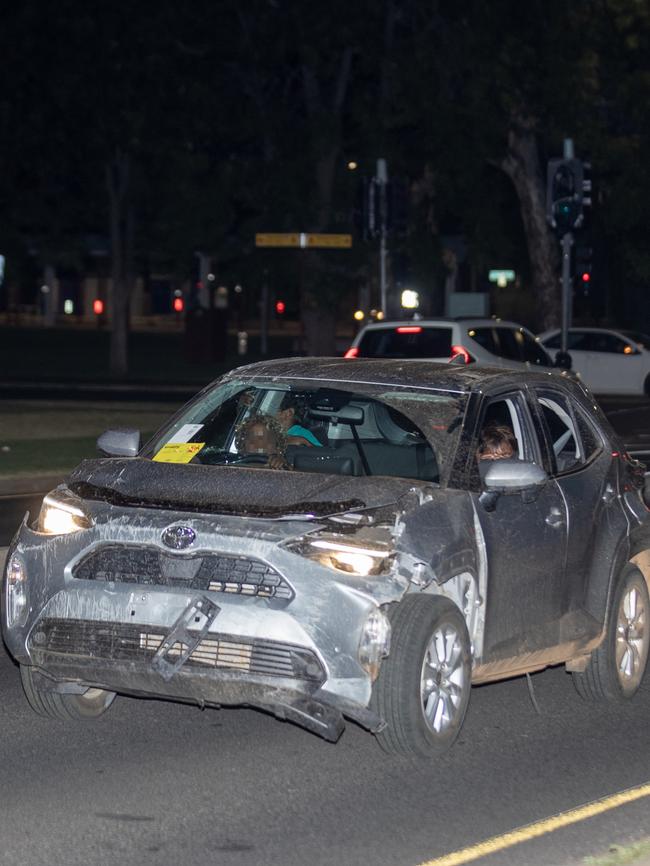

Ms Lawler said the expansion of residential youth justice facilities, where troubled youths – whose parents did not have the “skill set or boundaries” to control the child – would be in a facility for “three to six months” to help curb youth crime.
“It is a good solid amount of time for them to be there, to turn their lives around, to focus on those with those younger kids, on mechanisms to get them on a pathway to a better life,” she said. “We’ve heard from the CLP, the two things that they’ve got around their crime policy are changes to bail legislation and the other one is lowering the age (of criminal responsibility); neither of those things will stop a crime before it happens.”
Ms Lawler also said it was her “vision” to get all Territorians working.
“We cannot have another generation of young, and particularly our remote young Aboriginal kids, not on a pathway to work,” she said.
In the suburbs of Darwin late on Tuesday evening, a 43-year-old Aboriginal woman died in yet another alleged domestic violence-related killing.
Domestic violence is one of many issues in the Territory, with a coronial inquest hearing more than 80 women were killed by DV since the start of the millennium – and more than 90 per cent of those Aboriginal.
One gained national attention in part because a woman allegedly stabbed to death by her partner was helped by the staff of Indigenous Australians Minister Linda Burney.
Both parties have committed to providing $180m over five years to combat domestic violence.
Earlier in the year, children under 18 in Alice Springs were forced off the streets under an extraordinary curfew aimed at stopping the riots and violence that have plagued the Red Centre for months.
As Territorians head to the polls, other issues including the flailing economy, population stagnation, education, a series of failed projects, police resourcing and violence in remote communities, and Indigenous reconciliation are also among the many issues they will consider when deciding who they will vote for.
Ms Lawler said she felt federal Labor did not manage the voice to parliament referendum well, adding that she felt it was “rushed” and that in order to progress Indigenous reconciliation there had to be “practical” solutions such as local decision-making agreements.
“I think what we’ve done better is these local decision-making agreements, to me, they are part of the journey to what Aboriginal people want to see ...” she said. “Those local decision-making agreements are part of the steps on the journey for Aboriginal people to say, this is what we want for our community.”


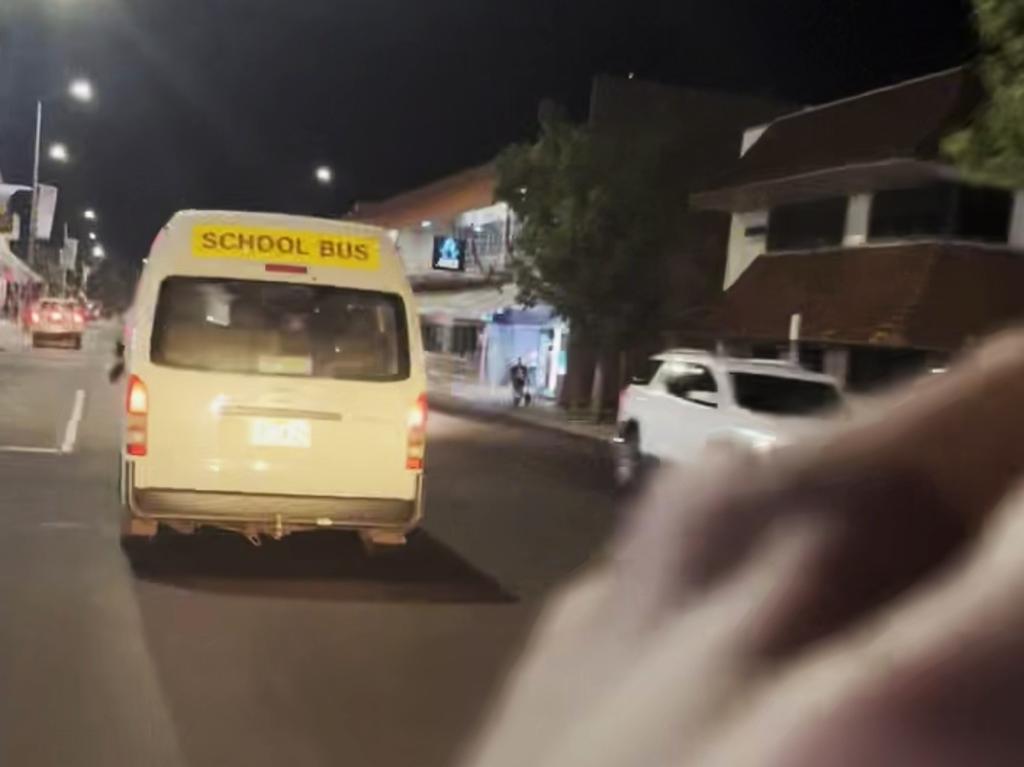

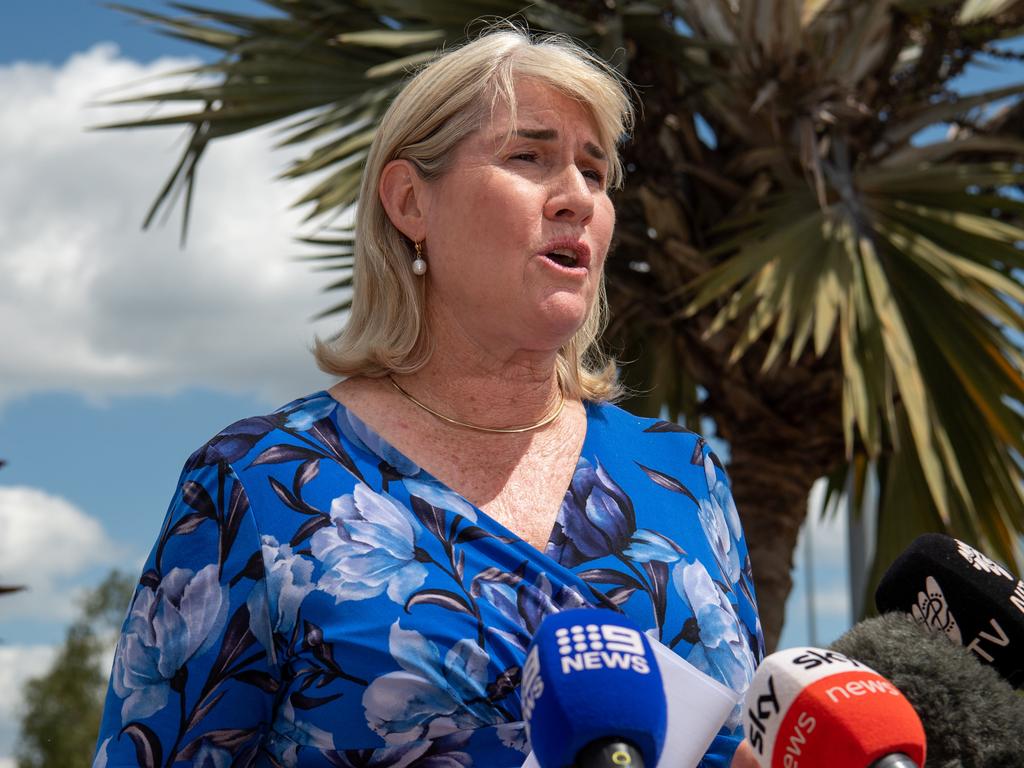


To join the conversation, please log in. Don't have an account? Register
Join the conversation, you are commenting as Logout